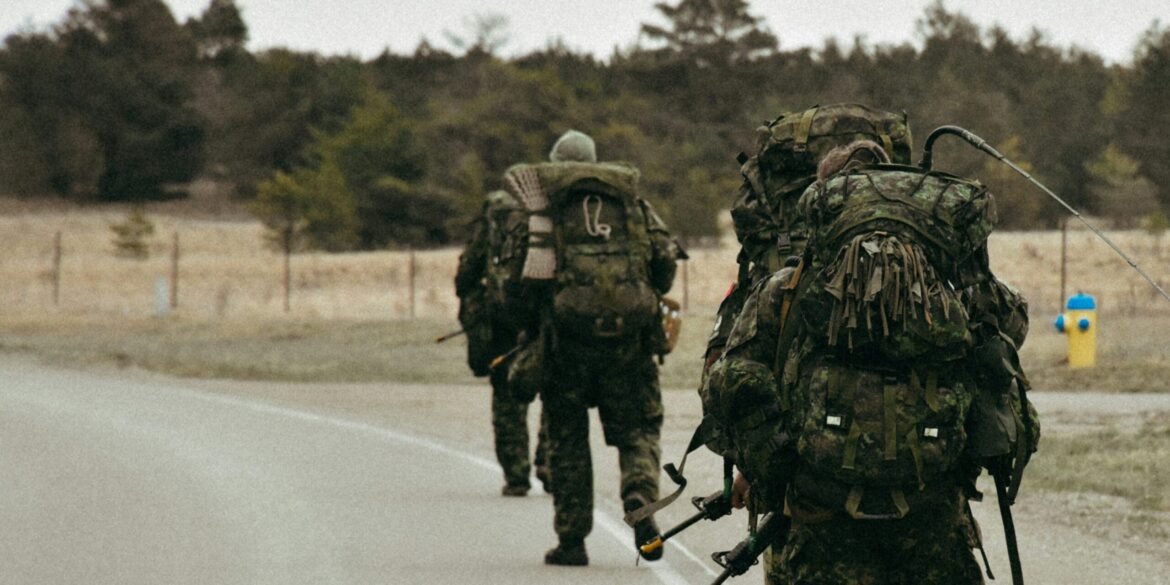LOS ANGELES — On June 10, 2025, widespread protests erupted in Los Angeles and several other U.S. cities in response to the Trump administration’s aggressive immigration enforcement actions. The federal government deployed 700 U.S. Marines and 4,000 National Guard troops to support Immigration and Customs Enforcement (ICE) operations, a move that has drawn sharp criticism from California officials and civil liberties advocates.
Federal Immigration Raids Spark Unrest
The unrest began after ICE conducted a series of raids across Los Angeles, resulting in the arrest of over 100 individuals. These operations targeted various locations, including the city’s Fashion District, and were part of a broader federal initiative to intensify immigration enforcement. The raids prompted immediate backlash from local communities and advocacy groups, who organized protests to oppose what they view as discriminatory and heavy-handed tactics.
Deployment of Military Forces Raises Legal and Ethical Concerns
In an unprecedented move, President Donald Trump ordered the deployment of 700 Marines and 4,000 National Guard troops to Los Angeles to assist ICE agents and maintain order during the protests. Defense Secretary Pete Hegseth defended the deployment, stating that the troops were necessary to protect federal personnel and property. However, the decision has been met with significant opposition from California officials, who argue that the deployment is illegal and exacerbates tensions.
Governor Gavin Newsom condemned the federal action, labeling it a “serious breach of state sovereignty” and filing an emergency court request to prevent the military’s involvement in law enforcement activities. Los Angeles Mayor Karen Bass echoed these sentiments, criticizing the deployment as a “chaotic escalation” and urging for the troops’ removal.
Protests Intensify Amid Clashes and Arrests
The protests, while largely peaceful, have seen instances of violence and vandalism. Demonstrators have clashed with law enforcement, leading to arrests and injuries on both sides. In downtown Los Angeles, protesters set fire to self-driving vehicles and blocked major freeways, prompting the Los Angeles Police Department to declare an unlawful assembly and enforce a curfew in certain areas.
Civil rights advocates have raised concerns about the use of force by law enforcement and the military’s presence in civilian areas. The deployment has also sparked a national debate over the militarization of domestic law enforcement and the potential erosion of civil liberties.
Political Implications and National Response
The Trump administration’s actions have not only intensified local tensions but also have broader political implications. President Trump has used the situation to rally support for his immigration policies, including a proposed spending bill that would fund expanded deportations and increased detention facilities. However, the move has faced resistance from both Democratic and Republican lawmakers concerned about its impact on civil rights and state autonomy.
As the situation continues to unfold, the legal battle over the federal deployment and the broader debate over immigration enforcement and civil liberties are likely to persist. The outcome will have significant implications for the balance of power between federal and state governments and the rights of individuals in the face of aggressive immigration policies.

